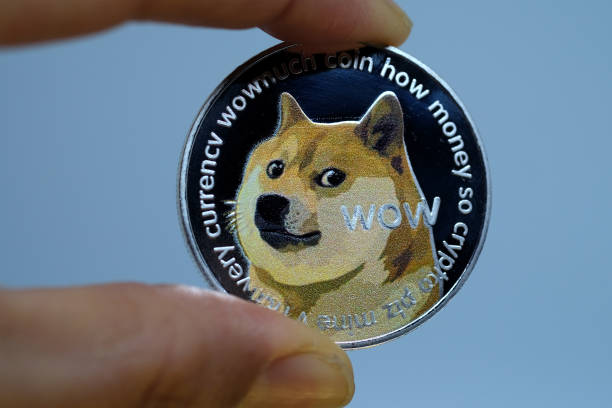Similar to the mid-1990s dot-com era, cryptocurrencies are said to be nearing a phase of hyper-adoption, where growth hits an inflection point and begins a trajectory towards the moon. Looking at the past decade, cryptocurrency adoption can largely be attributed to the emergence of exchange platforms. With numerous exchanges at play, many first-time users have successfully braved the path into the world of digital currencies.
Ironically, while these exchanges have been key to the success of cryptocurrency adoption to date, they have also been the cause for a new debate, one between using a centralized exchange (CEX) or decentralized exchange (DEX). While both exist to provide the same trading functionality, a CEX, as the name suggests, relies on a trusted third party to store digital assets, thereby creating a pool of liquidity.
These exchanges have remained the most popular, providing an unmatched user experience and functionality to trade assets across multiple chains with ample liquidity. The only concern is that intermediaries may be corrupt, a target for scams and require users to subject to their rules of operation.
Sitting across the spectrum are DEXs, such as Uniswap (UNI) and PancakeSwap (CAKE). These DEXs provide traders with true ownership over their assets. Rather than needing to trust a centralized authority, users rely on an automated protocol, which ensures added security and eliminates the need for the Know Your Customer (KYC) procedures.
DEXs also require complex knowledge, making them difficult to use for most users, which is met by concerns around limited liquidity. For investors, the question then becomes whether or not a user should give up control for convenience or tackle the learning curve to maintain asset ownership?
In part, the answer isn't black and white; rather, it looks like a gray area marked by DEX aggregators. DEX aggregators operate with the function to combine data from multiple exchanges to improve liquidity and optimize pricing.
One of the aggregators currently operating in this space is Arken Finance, a user-friendly platform accompanied by what their team describes as a "Best Rate 3.0" swap engine. With Arken, users can use their crafted algorithm to select the best exchange provider for a given swap and facilitate split trades for improved pricing. The result is an offering that eliminates the question of what to give up when engaging in a cryptocurrency trade.
Reducing the price impact
Arken Finance's Best Rate swap engine received its first update in Dec. 2021, comprising two parts. First and foremost is the "Indexing Algorithm: a solution to select the best prices from multiple pools and re-evaluate associated price conditions throughout the trade, all within a matter of seconds.
The second component is the "Split Order Algorithm: a tool used to benefit large transactions by splitting one order into several so they can be executed across pools with the best exchange rates. Arken Finance's algorithm can even be applied to the swapping of stablecoins.
Most recently, version 3.0 of this algorithm has further improved the tool's competitiveness and efficiency in the market. Among other benefits, the team boasts a 20-30% reduction of gas fees and the elimination of double exchange tax.
Although this upgrade is still new on the market, the team suggests that there is still significant room for growth, including the potential to become a universal platform that can connect to any DEX without losing values of speed and ease of use. Arken’s Best Rate Cross Chain Swap will effectively become the bridge technology necessary for seamless experiences for trading tokens.
Through combination with the multichain market page, users will access Cross Chain Search functionality to simplify the transaction process. Following the coin selection, the subsequent steps of bridging and swapping are done in a single flow. That said, Arken Finance’s latest features will display transaction history, enabling users to manage all the steps in between.
Viability for the long-term
Together, the team's goal remains to deliver an equal financial opportunity from everyone worldwide, aiming to advance the DeFi sector as a whole. According to the Arken Finance team, "What matters most is the project's long-term viability and advantages to our users. Finally, we want to encourage the DeFi sector to mature and flourish gradually with exceptional projects that can contribute significantly to the DeFi's future."
Over the next couple of months, users can expect expansion onto two new chains, the addition of new DEX integrations and the release of the ARKEN coin, the project’s token, to the public.
Disclaimer. Cointelegraph does not endorse any content or product on this page. While we aim at providing you with all important information that we could obtain, readers should do their own research before taking any actions related to the company and carry full responsibility for their decisions, nor can this article be considered as investment advice.










